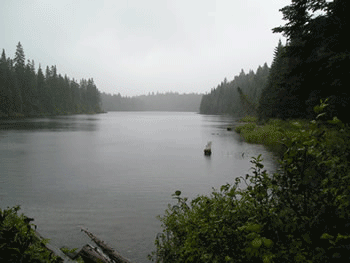DACF Home → Bureaus & Programs → Land Use Planning Commission → About Us

About Us
The Maine Land Use Planning Commission (the LUPC or Commission) serves as the planning and zoning authority for the unorganized and deorganized areas of the State, including townships and plantations. These areas either have no local government or have chosen not to administer land use controls at the local level. Prior to the creation of the LUPC in 2012, the Land Use Regulation Commission (LURC) had regulatory authority within the unorganized and deorganized areas of the State.
Along with carrying out its planning and zoning responsibilities, the LUPC issues permits for development projects, ranging from smaller projects such as home constructions and camp renovations to larger commercial development projects. For projects requiring Department of Environmental Protection review under the Site Location of Development Law, the LUPC certifies that proposed land uses are allowed and that proposed development activities comply with applicable LUPC land use standards.
The responsibility of serving the unorganized and deorganized areas of Maine and helping guide land use in these areas represents a unique challenge. These areas cover over half the State, encompassing more than 10.4 million acres and include the largest contiguous undeveloped area in the northeast. The unorganized and deorganized areas include several coastal islands and portions of downeast Maine, and stretch across the western mountains and up to the Canadian border. These areas are important to the vitality of both the State and local economies, are home to many Mainers, and are enjoyed by Maine residents and visitors in pursuit of outdoor recreation activities, including hunting, fishing, boating, hiking and camping.
The Legislature created the Commission to extend principles of sound planning, zoning and development to the unorganized and deorganized areas of the State to:
- Preserve public health, safety and general welfare;
- Support and encourage Maine's natural resource-based economy and strong environmental protections;
- Encourage appropriate residential, recreational, commercial and industrial land uses;
- Honor the rights and participation of residents and property owners in the unorganized and deorganized areas while recognizing the unique value of these lands and waters to the State;
- Prevent residential, recreational, commercial and industrial uses detrimental to the long-term health, use and value of these areas and to Maine's natural resource-based economy;
- Discourage the intermixing of incompatible industrial, commercial, residential and recreational activities;
- Prevent the development in these areas of substandard structures or structures located unduly proximate to waters or roads;
- Prevent the despoliation, pollution and detrimental uses of the water in these areas; and
- Conserve ecological and natural values.